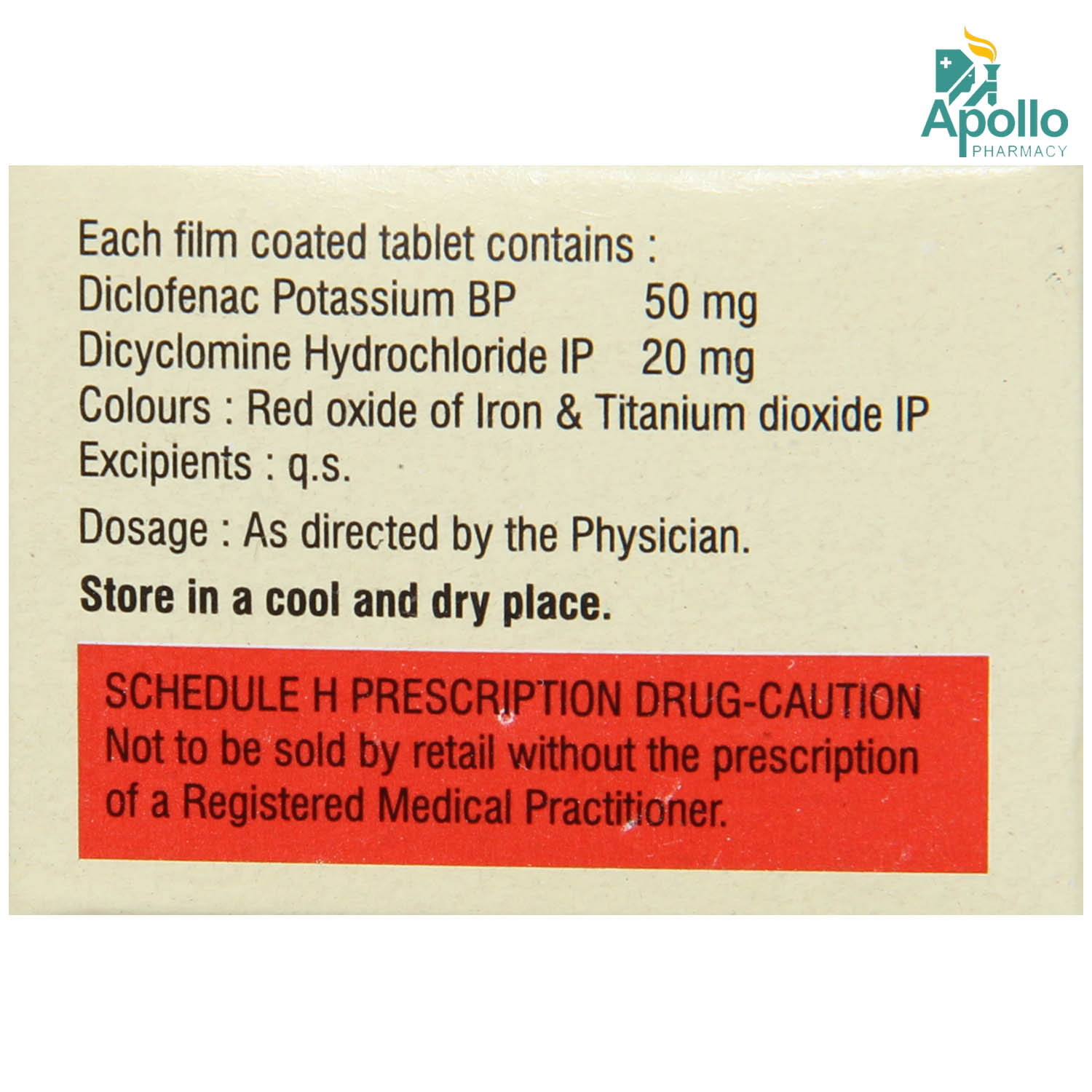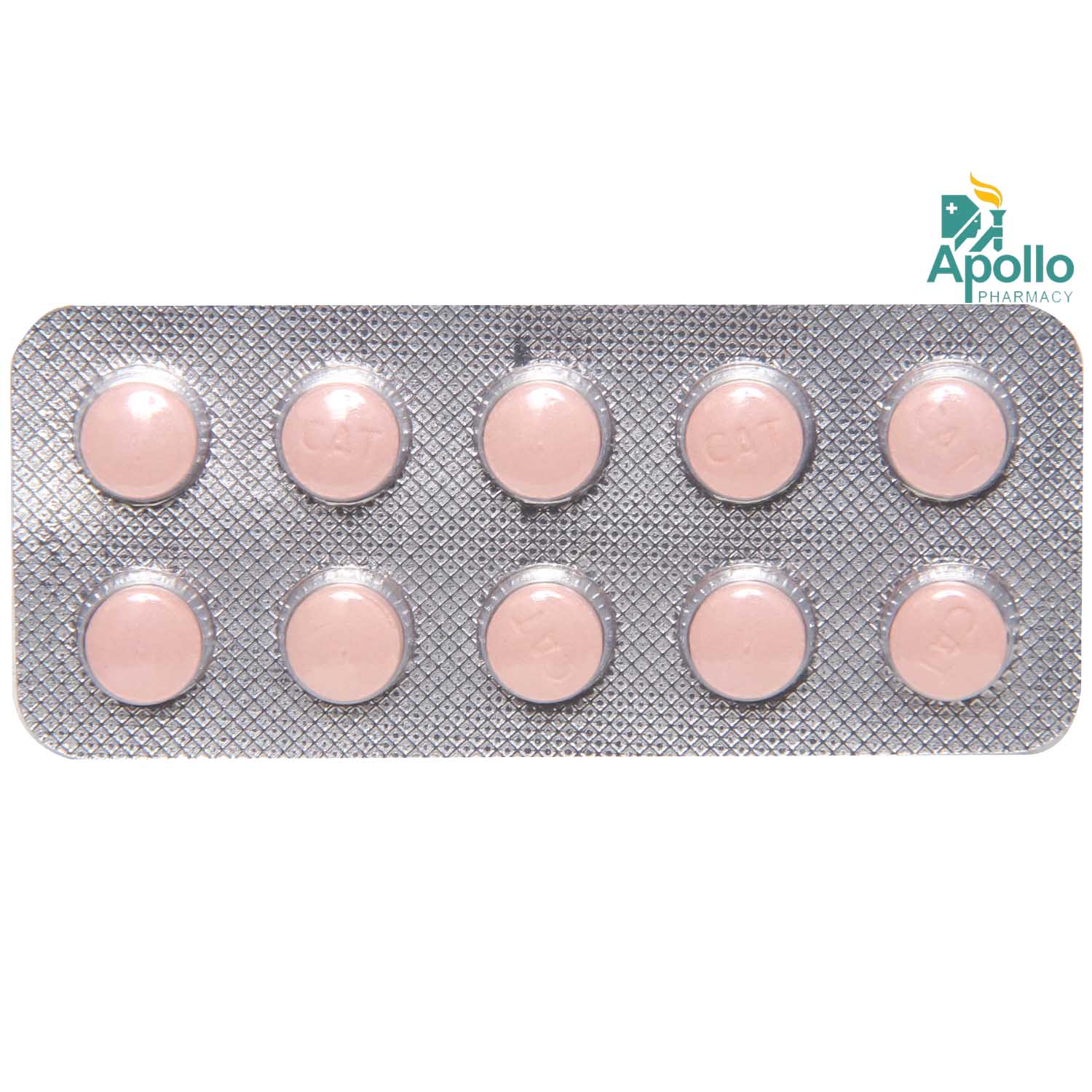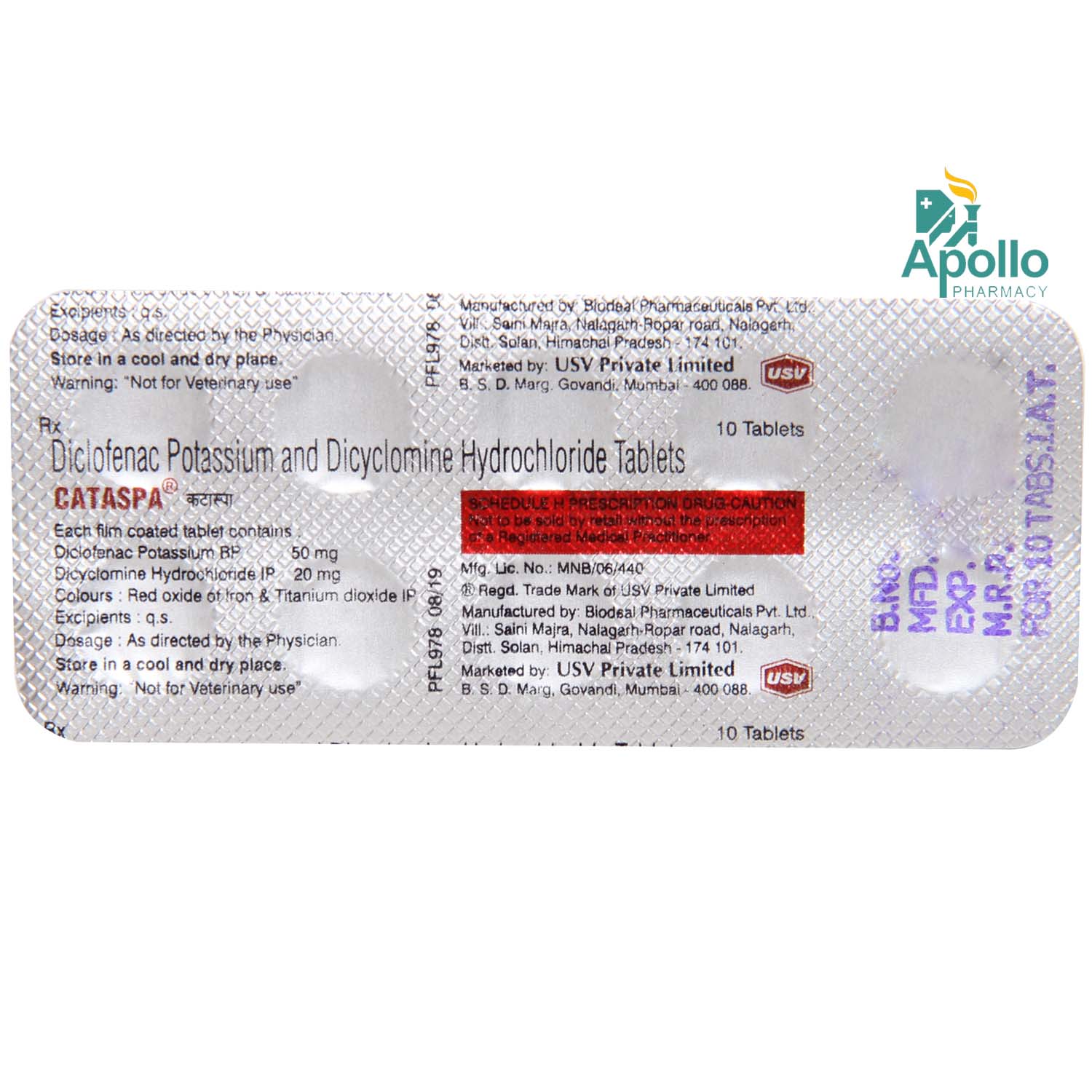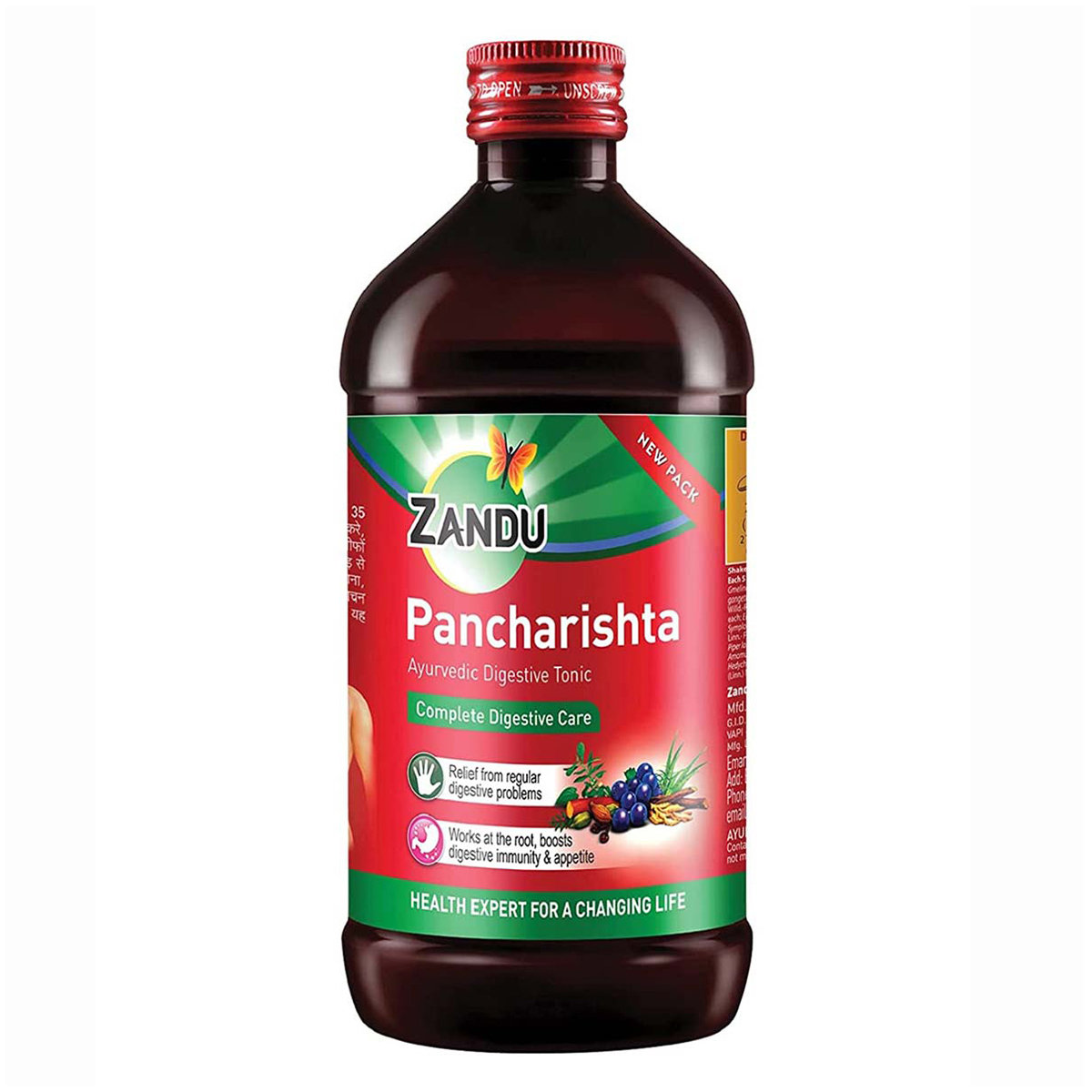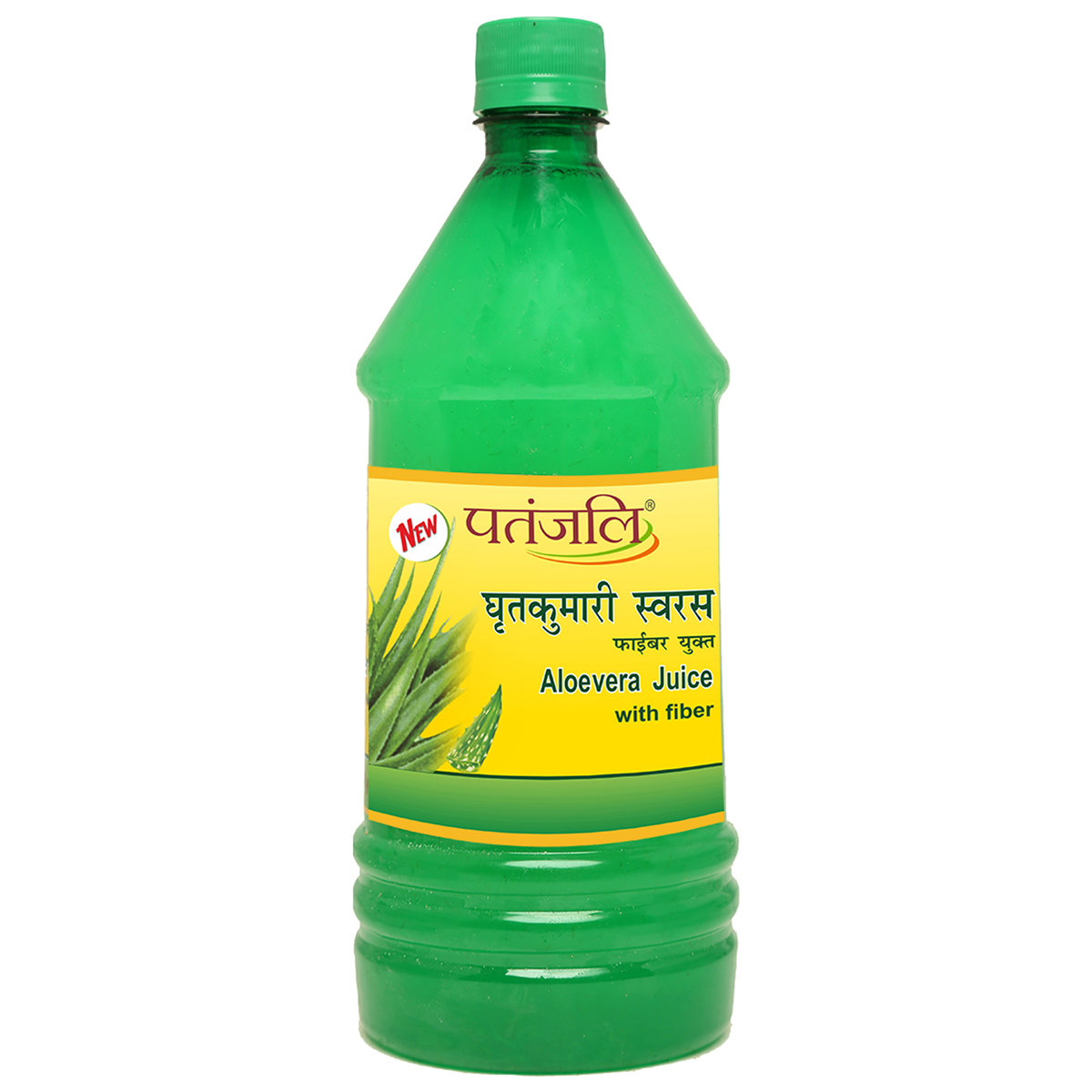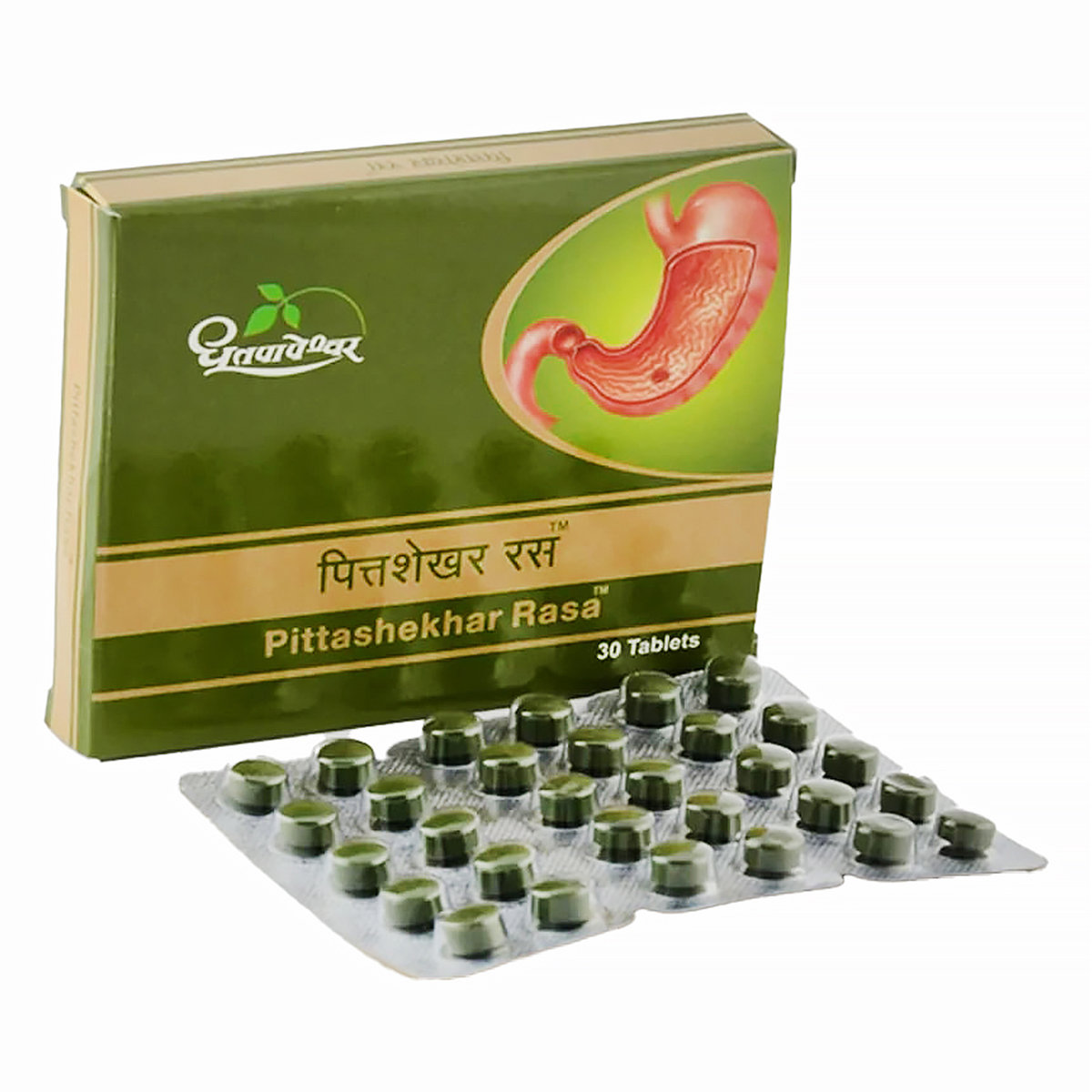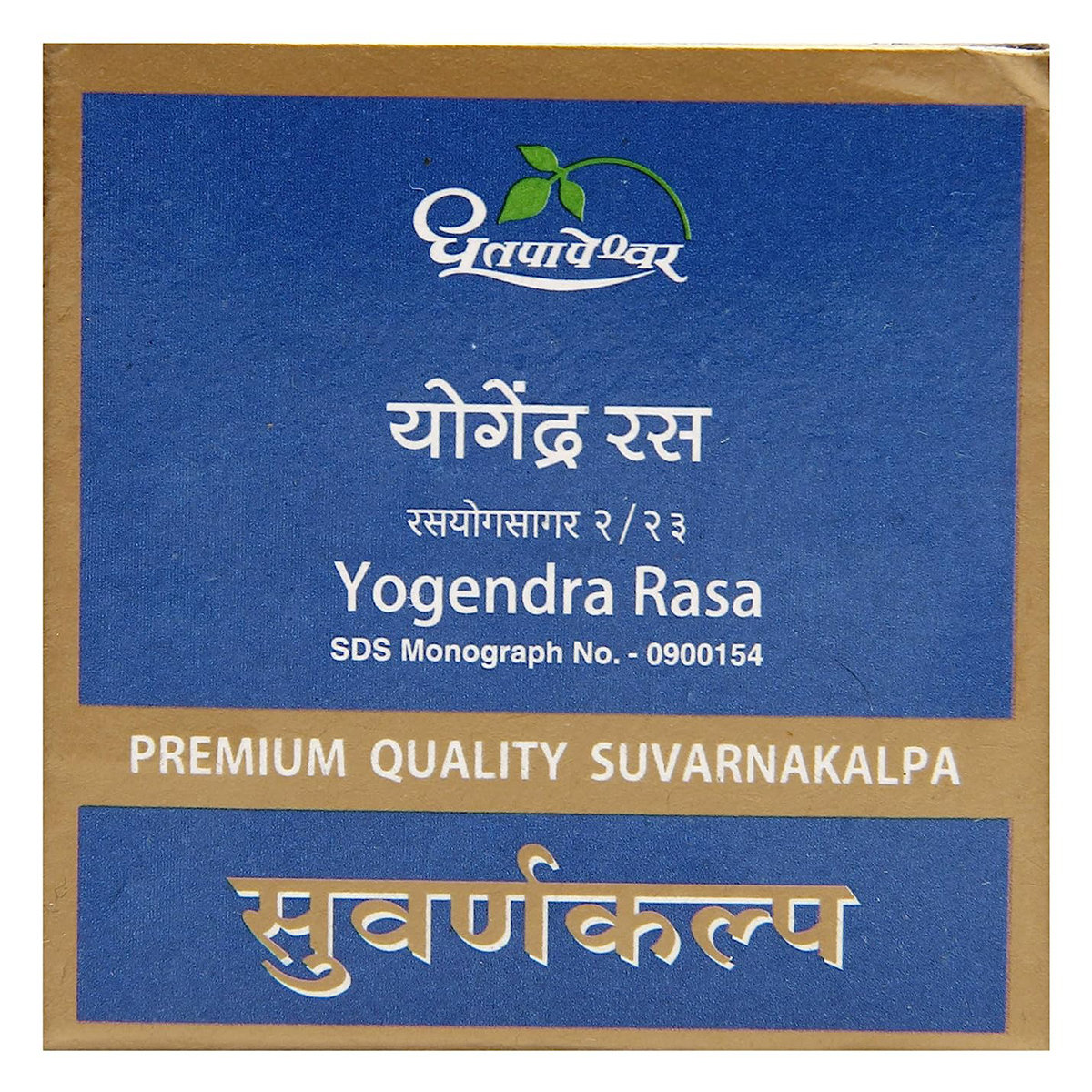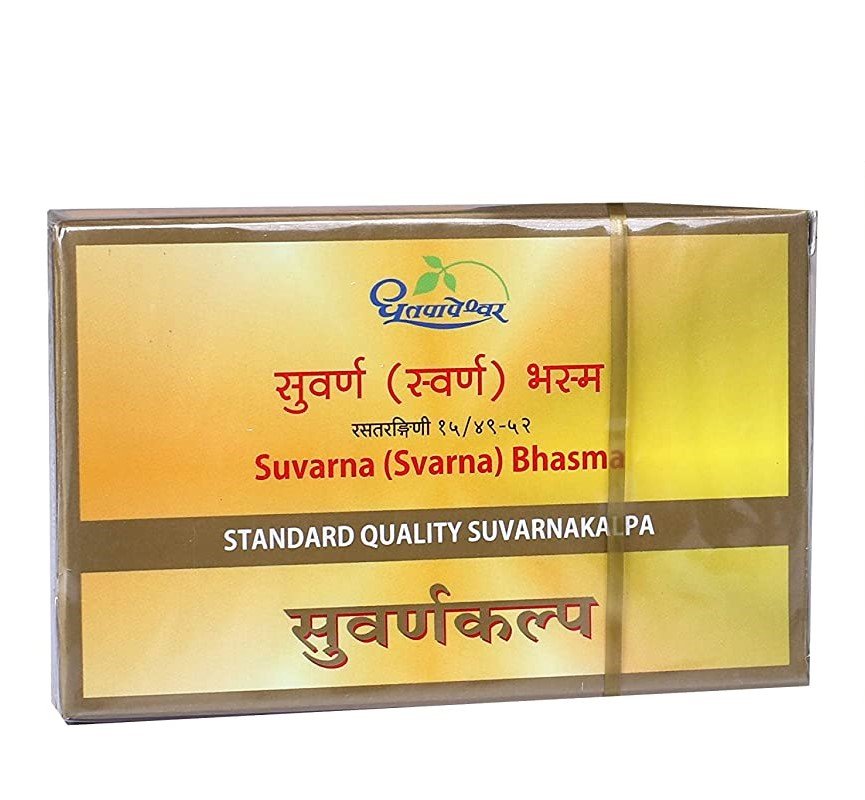Cataspa Tablet 10's
MRP ₹44.5
(Inclusive of all Taxes)
₹6.7 Cashback (15%)
Provide Delivery Location

secured payment

india's most trusted pharmacy

genuine products
Composition :
Manufacturer/Marketer :
Consume Type :
Expires on or after :
Return Policy :
About Cataspa Tablet
Cataspa Tablet is a combination drug primarily used to treat Irritable bowel syndrome (IBS) and abdominal cramps occurring due to dysmenorrhea (painful irregular periods). Irritable bowel syndrome (IBS) is a chronic disease that affects the large intestine and will require to manage long term. Signs and symptoms involve abdominal pain, cramping, gas, bloating and constipation or diarrhoea, or both. Dysmenorrhea (Menstrual cramps) is throbbing, aching pain and cramps occurring in your lower belly just before and during your period.
Cataspa Tablet is composed of two medicines: Dicyclomine (antispasmodic) and Diclofenac (Non-steroidal anti-inflammatory drugs) which relieves abdominal pain and cramps. In this combination, Dicyclomine helps to relax the muscles in the stomach and gut (intestine), thus preventing sudden muscle contractions (spasms), relieving cramps, bloating, pain and discomfort. Diclofenac works by blocking the release of certain chemical messengers that lead to inflammation (swelling) and abdominal pain. Together, they effectively reduce pain.
Cataspa Tablet should be taken as advised by your doctor. Do not chew or crush the medicine. In some cases, you may experience certain common side effects such as nausea, diarrhea, vomiting, loss of appetite, sleepiness, dryness in the mouth, weakness, dizziness, nervousness, heartburn, and blurred vision. Most of these side effects do not require medical attention and subside over time. However, consult your doctor if the side effects are persistent for a longer duration.
Taking more than the daily prescribed dose of Cataspa Tablet may cause liver damage or allergic reactions like swelling of the mouth, face, throat, difficulty in breathing, skin rash or itching. Gastrointestinal bleeding, ulcer formation is commonly observed during treatment with Cataspa Tablet . Before taking Cataspa Tablet , inform your doctor if you have heart disease, high blood pressure and asthma. Cataspa Tablet is not recommended for use in pregnant and breastfeeding mothers due to serious side effects.
Uses of Cataspa Tablet

Have a query?
Directions for Use
Key Benefits
Cataspa Tablet is a combination drug primarily used to treat Irritable bowel syndrome (IBS) and abdominal cramps occurring due to dysmenorrhea (painful irregular periods). Cataspa Tablet is composed of two medicines: Dicyclomine (antispasmodic) and Diclofenac (Non-steroidal anti-inflammatory disease/ pain killer) which relieves abdominal pain and cramps. It prevents sudden muscle contractions (spasms), thus, relieving cramps, bloating, pain and discomfort.
Storage
- Inform your doctor about dry mouth symptoms. They may adjust your medication regimen or prescribe additional medications to manage symptoms.
- Drink plenty of water throughout the day to help keep your mouth moist and alleviate dry mouth symptoms.
- Chew sugar-free gum or candies to increase saliva production and keep your mouth moisturized.
- Use saliva substitutes, such as mouthwashes or sprays, only if your doctor advises them to help moisturize your mouth and alleviate dry mouth symptoms.
- Avoid consuming smoking, alcohol, spicy or acidic foods, and other irritants that may aggravate dry mouth symptoms.
- Schedule regular dental check-ups to keep track of your oral health and handle any dry mouth issues as they arise.
- Inform your doctor about dizziness symptoms. They may adjust your medication regimen or prescribe additional medications to manage symptoms.
- Follow your doctor's instructions for taking medication, and take it at the same time every day to minimize dizziness.
- When standing up, do so slowly and carefully to avoid sudden dizziness.
- Avoid making sudden movements, such as turning or bending quickly, which can exacerbate dizziness.
- Drink plenty of water throughout the day to stay hydrated and help alleviate dizziness symptoms.
- If you're feeling dizzy, sit or lie down and rest until the dizziness passes.
- Track when dizziness occurs and any factors that may trigger it, and share this information with your doctor to help manage symptoms.
- Inform your doctor about the nausea and discuss possible alternatives to the medication or adjustments to the dosage.
- Divide your daily food intake into smaller, more frequent meals to reduce nausea.
- Opt for bland, easily digestible foods like crackers, toast, plain rice, bananas, and applesauce.
- Avoid certain foods that can trigger nausea, such as fatty, greasy, spicy, and smelly foods.
- Drink plenty of fluids, such as water, clear broth, or electrolyte-rich beverages like coconut water or sports drinks.
- Use ginger (tea, ale, or candies) to help relieve nausea.
- Get adequate rest and also avoid strenuous activities that can worsen nausea.
- Talk to your doctor about taking anti-nausea medication if your nausea is severe.
- Record when your nausea occurs, what triggers it, and what provides relief to help you identify patterns and manage your symptoms more effectively.
- Rest well; get enough sleep.
- Eat a balanced diet and drink enough water.
- Manage stress with yoga and meditation.
- Limit alcohol and caffeine.
- Physical activities like walking or jogging might help boost energy and make you feel less tired.
- Tell your doctor immediately if you experience symptoms of Nervousness, such as anxiety, jitteriness, or an increased heart rate, after taking medication or adjusting your medication regimen.
- Your doctor may adjust your medication regimen to alleviate symptoms of Nervousness. This can include switching to a different medication, reducing the dosage, or temporarily stopping the medication. Your doctor may also recommend alternative techniques like relaxation, mindfulness meditation, or journaling. These techniques can help reduce anxiety and Nervousness.
- Practice stress-reducing techniques, such as deep breathing exercises, yoga, or journaling, to help manage Nervousness.
- Engage in regular physical activity, such as walking or jogging, to help reduce anxiety and improve mood.
- Your doctor may advise considering cognitive-behavioural therapy (CBT) or other forms of talk therapy to address underlying anxiety or Nervousness.
- You should maintain regular follow-up appointments with your doctor to monitor nervousness symptoms, adjust treatment plans as needed, and discuss any concerns or questions.
- Avoid driving or operating machinery or activities that require high focus until you know how the medication affects you.
- Maintain a fixed sleeping schedule, create a relaxing bedtime routine and ensure your sleeping space is comfortable to maximize your sleep quality.
- Limit alcohol and caffeine as these may worsen drowsiness and disturb sleep patterns.
- Drink plenty of water as it helps with alertness and keeps you hydrated and for overall well-being.
- Moderate physical activity can improve energy levels, but avoid intense workouts right before bedtime.
Drug Warnings
- Before taking Cataspa Tablet , inform your doctor if you have heart disease, high blood pressure, and asthma.
- Cataspa Tablet is not recommended for children below the age of 12 years, as the safety and efficacy for this medicine is not established.
- Cataspa Tablet can cause drowsiness or blurred vision, avoid driving or performing any other activity that requires concentration after taking Cataspa Tablet .
- Always keep your doctor informed about your current medications or the ones you have taken in the past, including over-the-counter and herbal medicines.
- If you are pregnant or a nursing mother, inform your doctor on priority as Cataspa Tablet may cause serious side effects to the unborn baby.
- You are not recommended to consume alcohol along with Cataspa Tablet to avoid unpleasant side effects.
Drug-Drug Interactions
Drug-Drug Interactions
Login/Sign Up
Co-administration of Cataspa Tablet with Meloxicam can increase the risk or severity of gastrointestinal side effects.
How to manage the interaction:
Taking Meloxicam with Cataspa Tablet is not recommended as it can possibly result in an interaction, it can be taken if your doctor has advised it. However, consult your doctor immediately if you experience symptoms such as dizziness, lightheadedness, red or black, tarry stools, coughing up or vomiting fresh or dried blood that looks like coffee grounds, severe headache, and weakness. Do not stop any medication without doctor's advise.
Co-administration of Pramlintide with Cataspa Tablet can increase the risk of reduced gastrointestinal movement.
How to manage the interaction:
Taking Cataspa Tablet with Pramlintide is not recommended, please consult your doctor before taking it. Do not discontinue the medication without consulting a doctor.
Taking Cataspa Tablet and Potassium citrate together can increase the risk of stomach ulcers, bleeding, and gastrointestinal injury.
How to manage the interaction:
Taking Cataspa Tablet with Potassium citrate is not recommended, as it may lead to an interaction, it can be taken if prescribed by the doctor. However, if you experience severe stomach pain, bloating, sudden lightheadedness or dizziness, nausea, vomiting (especially with blood), decreased hunger, or dark, tarry stools, consult the doctor immediately. Do not discontinue any medications without a doctor's advice.
Co-administration of Cataspa Tablet with Potassium chloride can increase the risk of stomach ulcers.
How to manage the interaction:
Taking Cataspa Tablet with Potassium chloride is not recommended, as it can lead to an interaction, it can be taken if a doctor has prescribed it. However, if you experience severe stomach pain, bloating, sudden lightheadedness or dizziness, nausea, vomiting (especially with blood), decreased hunger, dark, tarry stools, consult the doctor immediately. Do not discontinue the medication without consulting a doctor.
Co-administration of Cataspa Tablet with Mipomersen may cause liver problems.
How to manage the interaction:
Co-administration of Cataspa Tablet and Mipomersen can lead to an interaction, it can be taken if advised by your doctor. However, if you experience any symptoms like fever, chills, joint pain or swelling, unusual bleeding or bruising, skin rash, itching, loss of hunger, fatigue, nausea, vomiting, abdominal pain, dark urine, pale stools, and/or yellowing of the skin or eyes. Do not discontinue any medications without consulting a doctor.
Taking Cataspa Tablet with Ibrutinib can increase the risk of bleeding tendencies.
How to manage the interaction:
There may be a possible interaction between Cataspa Tablet and Ibrutinib, but they can be taken together if a doctor has prescribed them. However, consult a doctor immediately if you experience any unusual bleeding, dizziness, lightheadedness, red or black, tarry stools, coughing up or vomiting fresh or dried blood that looks like coffee grounds, or severe headaches. Do not discontinue any medications without consulting a doctor.
Taking Cataspa Tablet with bromfenac will have an additive effect and may increase the risk of side effects in the gastrointestinal tract such as inflammation, bleeding, ulceration, and rarely, perforation.
How to manage the interaction:
There may be possible interaction between Cataspa Tablet and bromfenac but you can take it if prescribed by a doctor. Consult your doctor if you experience any unusual bleeding or bruising or have other signs and symptoms of bleeding such as dizziness; lightheadedness; red or black, tarry stools; coughing up or vomiting fresh or dried blood that looks like coffee grounds; severe headache; and weakness. Do not stop using any medications without first talking to your doctor.
Taking Cataspa Tablet and ibuprofen can increase the risk of stomach bleeding and ulcers.
How to manage the interaction:
Co-administration of Cataspa Tablet and Ibuprofen can lead to an interaction, it can be taken if advised by your doctor. However, if you experience any symptoms like unusual bleeding or bruising, dizziness, lightheadedness, red or black, tarry stools, coughing up or vomiting fresh or dried blood that looks like coffee grounds, severe headache, and weakness, consult your doctor immediately. Do not stop using any medications without a doctor's advice.
Co administration of Cataspa Tablet with Leflunomide may result in liver problems.
How to manage the interaction:
Co-administration of Cataspa Tablet and Leflunomide can lead to an interaction; it can be taken if advised by your doctor. However, if you have a fever, chills, joint pain or swelling, unusual bleeding or bruising, skin rash, itching, loss of appetite, fatigue, nausea, vomiting, abdominal pain, dark-colored urine, light-colored stools, or yellowing of the skin or eyes. Do not stop using any medication without consulting your doctor.
Co-administration of Rivaroxaban together with Cataspa Tablet may increase the risk of unsual bleeding.
How to manage the interaction:
Co-administration of Cataspa Tablet and Rivaroxaban can lead to an interaction; it can be taken if advised by your doctor. However, if you experience any symptoms like unusual bleeding or bruising, dizziness, lightheadedness, red or black, tarry stools, coughing up or vomiting fresh or dried blood that looks like coffee grounds, severe headache, and weakness, consult your doctor immediately. Do not stop using any medications without a doctor's advice.
Drug-Food Interactions
Drug-Food Interactions
Login/Sign Up
Diet & Lifestyle Advise
- Include more glucosamine, chondroitin sulphate, Vitamin D, calcium-enriched supplements. Besides this, turmeric and fish oils can help in reducing inflammation in the tissue.
- Do not do heavy exercise as it may increase your joint pain in arthritis. Instead, you can do stretching, low impact aerobic exercise (like walking on a treadmill, bike riding, and swimming), and simple forms of yoga.
- In chronic conditions of arthritis or joint pain, add fish (like salmon, trout, tuna, and sardines) in your diet as they are enriched with omega-3 fatty acids that minimize chemical cytokines, which increase inflammation.
- Your sitting posture is important, especially when you have pain and inflammation condition. Try to sit as little as possible and only for a short time (10-15 min). Use back support like a rolled-up towel at the back of your curve to minimize pain. Keep your knees and hips at a right angle. Besides this, you can use a footrest if required.
Habit Forming
Therapeutic Class
All Substitutes & Brand Comparisons
RX
Out of StockSpas K 20mg/50mg Tablet
₹13
(₹1.17 per unit)
70% CHEAPERRX
Out of StockDipospas 20mg/50mg Tablet
Merril Pharma Pvt Ltd
₹14
(₹1.26 per unit)
68% CHEAPERRX
Out of StockAntispas-K 20mg/50mg Tablet
₹15
(₹1.35 per unit)
66% CHEAPER
Alcohol
Safe if prescribed
Consumption of alcohol should be avoided during treatment with Cataspa Tablet as it contains diclofenac which causes unpleasant side-effects like gastric bleeding.
Pregnancy
Consult your doctor
Cataspa Tablet should not be used during pregnancy as Cataspa Tablet contains diclofenac which causes serious heart and kidney disease in the unborn baby.
Breast Feeding
Consult your doctor
Cataspa Tablet passes into breast milk. Hence, it is not recommended for use in breastfeeding mothers due to undesirable side effects to the newborn infants.
Driving
Safe if prescribed
Cataspa Tablet may cause dizziness, drowsiness and visual disturbances, which may affect their ability to drive or operate machinery. Hence avoid driving or operating machinery after taking Cataspa Tablet .
Liver
Consult your doctor
Caution should be exercised during treatment with Cataspa Tablet , if you have any history of Liver diseases/conditions. Dose adjustment may be done by your physician depending on your LFT tests.
Kidney
Consult your doctor
Caution should be exercised during treatment with Cataspa Tablet , if you have any history of kidney diseases/conditions. Dose adjustment may be done by your physician depending on your RFT tests.
Children
Safe if prescribed
Cataspa Tablet is not to be used in children below 12 years of age as the safety and efficacy for Cataspa Tablet is not established
FAQs
No, do not suddenly stop taking Cataspa Tablet . If you want to stop taking Cataspa Tablet , consult your doctor, and he might gradually reduce the dose to avoid an unwanted increase in pain.
Take the missed dose as soon as you remember it. However, if it is almost time for the next dose, skip the missed dose and continue your regular dosing schedule. Do not take a double dose of Cataspa Tablet to make up for a missed one.
Yes, the use of Cataspa Tablet can cause diarrhoea in some cases. In the case of diarrhoea, increase the intake of fluids like drink plenty of water. If still, diarrhoea persists, inform your doctor and do as advised.
Yes, the use of Cataspa Tablet can cause dry mouth. If you feel excessively thirsty, increase fluid intake and avoid spicy and salty food.
Cataspa Tablet should be used with caution in patients with glaucoma as it may worsen the symptoms and used only when prescribed by a doctor.
Country of origin
Manufacturer/Marketer address


